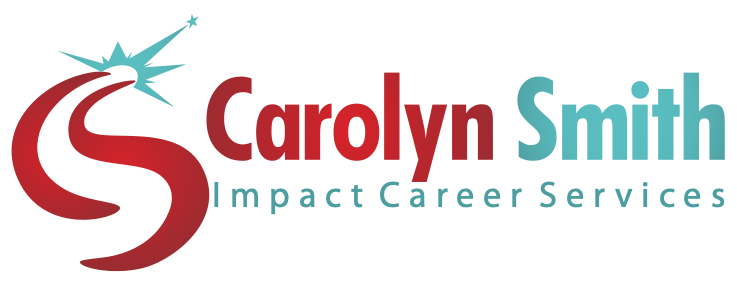Let’s face it – the only time you worry about finding a new job is when you need one. Upon being made redundant or finally making the decision to move on, we take action, including updating our resume, sending out job applications and networking furiously.
However, this concept of only taking action on your career when you need a new job will no longer serve you in the very near future. Recruiting practices are changing rapidly and those that take steps to cement their LinkedIn profile and online brand will be the winners in this new landscape.
The Job Board
Currently the job board dominates the recruiting landscape in Australia, in particular the large job boards such as SEEK. Employers, recruiters and headhunters use the job board to attract talent. While the job board has been a very successful mechanism – its success has also resulted in some serious problems for employers, namely employers being inundated by unqualified job applicants. The result of this inundation for job seekers is that there is a very low success rate (with applications getting overlooked) and the administrative need for HR to resort to technologies such as applicant tracking systems (ATS) and talent getting overlooked, due to the flawed nature of ATS systems.
With many employers and recruiters recognizing job board shortcomings, they are moving to other methods to find and retain talent, such as social media and LinkedIn.
For example, with LinkedIn, employers and recruiters can find the right talent and bypass the need to process hundreds of job applications. LinkedIn is also increasingly optimizing and changing its business model so it becomes the first port of call for recruiters and employers to find and employ talent.
So my prediction (along with many others in the sector) is that job boards will eventually go the same way as the hard copy newspaper. There will be a core client base, but the market share will diminish. What this means for you is that you need to continually work on and optimize your LinkedIn profile, even while employed.
Individual online brands
A staggering number of employers check out potential employers through a Google search and an increasing number of employers and recruiters won’t hire a person based on what they find online.
In the same way a consumer checks out the credibility of a service or product online, employers are checking out potential employees online. What this means is those job seekers and professionals that have a strong and positive online brand will be chosen over those that don’t. So to be successful now and into the future, you need to control your online brand and identity.
To control your online brand, you need to start getting strategic about what you share online and more importantly shape what is online about you. My prediction is that an online brand is going to become increasingly important for professionals and executives now and into the future. To ensure that you take advantage of this future – now is the time to lock down your Facebook page (so only those within your circle can access your private life) and register your name as a domain name (for future development of an online resume, blog or website). Even if you don’t use this domain name, you protect yourself from someone else using your name online and if someone has beaten you to it, your options will be a lot more limited in the future.

 If I had exactly 5 minutes where I could make a major impact on how a job hunter approached finding a new job, I would provide them with the following list:
If I had exactly 5 minutes where I could make a major impact on how a job hunter approached finding a new job, I would provide them with the following list: What is it that all successful companies have mastered — and what job seekers looking to advance in their careers need to master? It is called a BRAND!
What is it that all successful companies have mastered — and what job seekers looking to advance in their careers need to master? It is called a BRAND!
 With all the advantages offered by LinkedIn, only a small proportion of users gain any benefit from being on LinkedIn, with the majority of people using LinkedIn having poor results.
With all the advantages offered by LinkedIn, only a small proportion of users gain any benefit from being on LinkedIn, with the majority of people using LinkedIn having poor results.